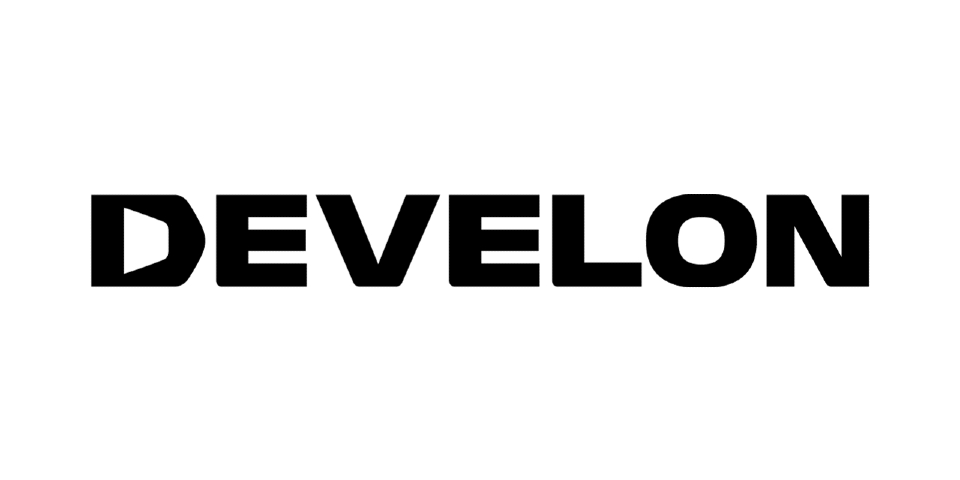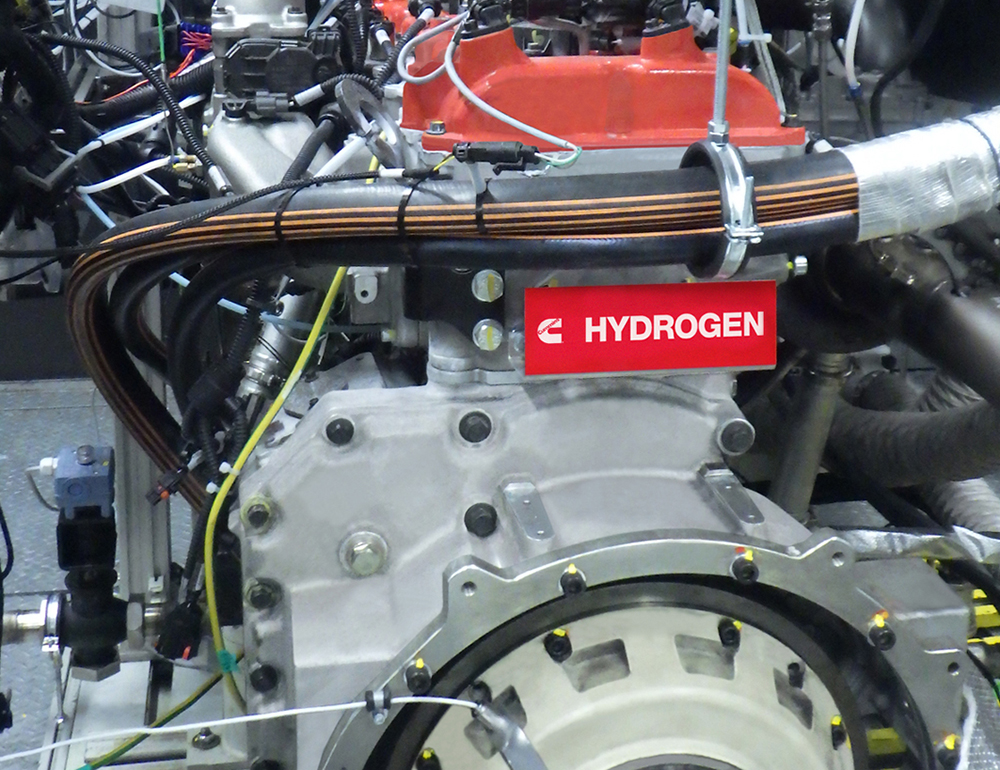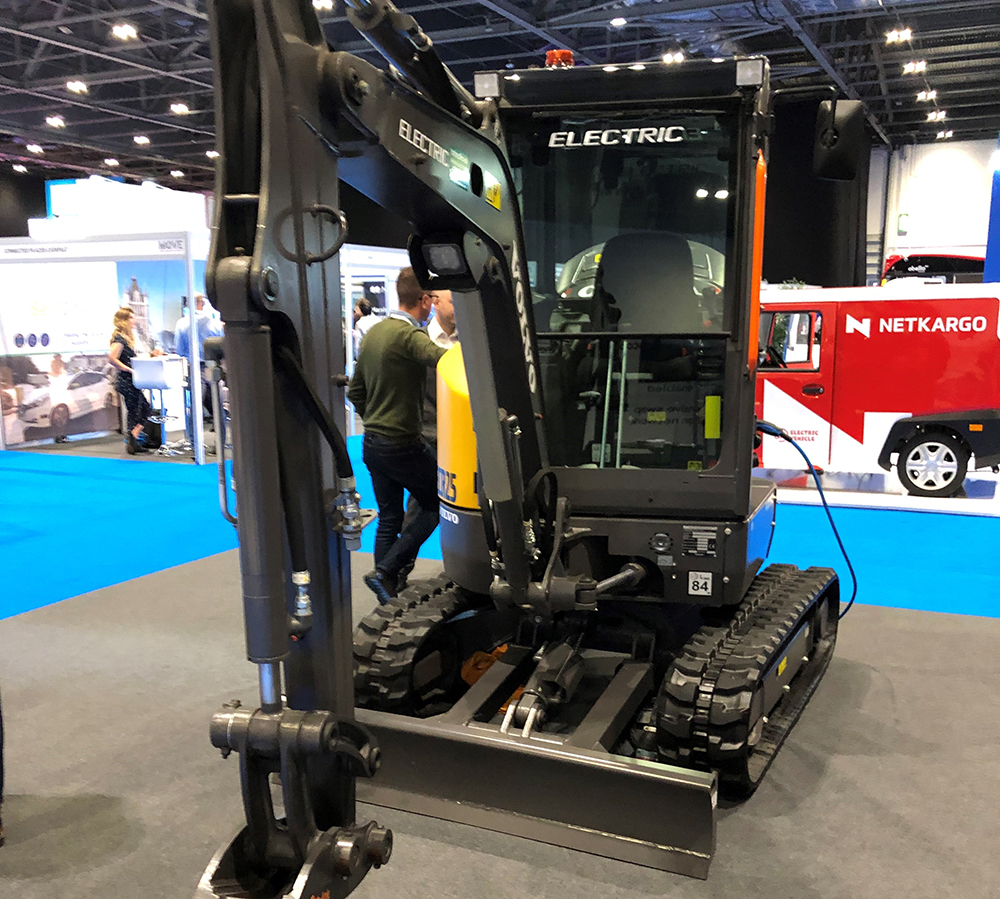
1. Which markets does Develon see as being the priority for sales?
DEVELON primarily targets developed markets, with a strong focus on North America and Europe. Europe is particularly significant as it serves as the initial market where new technologies are implemented and evaluated. To enhance its global competitiveness, DEVELON is actively expanding its dealer network and diversifying its product portfolio to meet the diverse needs of European customers across various sectors, including infrastructure construction, mining, urban maintenance, agriculture and landscaping.
In the second half of last year, DEVELON established its first direct sales office in Mannheim, Germany. From this base, we aim to provide personalised services and marketing specifically designed for our European customers.
Additionally, we are consistently broadening our footprint in emerging markets like Brazil and India.
2. What market share does the firm hold in Europe and what is the future target?
DEVELON currently holds a market share of less than 10% in Europe. We aim to exceed this threshold by launching our next-generation models. If these new models are successful, we may revise our growth targets upward based on our strategic assessments.

The next-generation model integrates the technological expertise and knowledge of DEVELON and HYUNDAI, providing a level of quality and performance that is competitive with top-tier manufacturers on a global scale.
Korean industries are gaining recognition in Europe for their outstanding manufacturing and production techniques. With these latest next-generation ‘-9’ models, we will continue to showcase the excellence of "K-Construction Machinery" and further strengthen our global presence.
3. Will the -9 models be available with the options of diesel and electric variants?
At this point, only diesel options are available.
The DX20ZE-7 compact excavator is currently our only electric model. However, we plan to introduce mini electric excavators weighing 2tonnes and 3tonnes by 2026. Additionally, we will release the DX23E-7 model later this year, which will be showcased at bauma. Our goal is to electrify a representative model from each class, leading to a complete line-up of electric models, including a 14tonne mid-size wheeled excavator.
4. What is DEVELON’s view on the potential of hydrogen as a fuel for construction machines?
We expect a shift towards eco-friendly, renewable energy sources, though the pace and approach will differ by time and region. Regarding hydrogen, we acknowledge the challenges that need to be overcome, such as developing the supply chain and assessing market feasibility, before we can successfully scale up the industry and its infrastructure.
DEVELON recognises the potential of hydrogen fuel and is dedicated to investing in research and development in this field. At last year's Intermat, we unveiled our first hydrogen fuel-cell powered, medium-sized wheel loader, the DL250-FCEV (Fuel Cell Electric Vehicle). This innovative model utilises the world’s leading hydrogen fuel-cell technology, allowing it to operate for eight hours with performance comparable to that of diesel machines while requiring less than 30 minutes for a complete recharge.
Additionally, a prototype of our hydrogen combustion engine is in development and will be mounted on a 30tonne construction vehicle for verification purposes.
5. What are the biggest changes DEVELON can make to improve sustainability in the construction sector?
To support the long-term vision and sustainable development of the construction industry, DEVELON aims to gradually increase the proportion of eco-friendly products in our sales. We have established a roadmap with the goal of achieving 95% eco-friendly products by 2040, with 80% of those being fully electric.
We are committed to providing eco-friendly, high-efficiency construction machinery that complies with Stage V regulations while emphasising the commercialisation of electric mini excavators and hybrid excavators.
We are leading the way in developing and introducing carbon-free construction equipment that is based on battery-electric vehicles (BEVs) and fuel-cell electric vehicles (FCEVs). Our vision includes creating a line-up of BEVs, featuring a 14tonne wheeled excavator.
6. Looking ahead, what are the technologies that will have the biggest impact on the construction machinery sector?
We firmly believe that the emergence of driverless, autonomous technology will not only transform construction machinery but also revolutionise the entire construction sector.
Unmanned, autonomous technology is set to play a vital role in lowering construction costs and reducing working hours while tackling the shortage of skilled labour. It is anticipated to boost productivity, especially in quarries where repetitive tasks are prevalent and in mines where accessibility can be difficult. Additionally, this technology will significantly reduce the risk of safety incidents by lowering the number of workers needed on-site, aside from management personnel.
During a keynote speech last year at CES2024, HD Hyundai, the parent company of HD Hyundai Infracore and Develon, presented its vision for "Xite Transformation," which outlines the group's goal of innovating land infrastructure. This vision emphasises the commitment to creating smarter construction sites by leveraging future technologies such as unmanned, autonomous construction equipment, digital twins, and eco-friendly electrification technologies.












